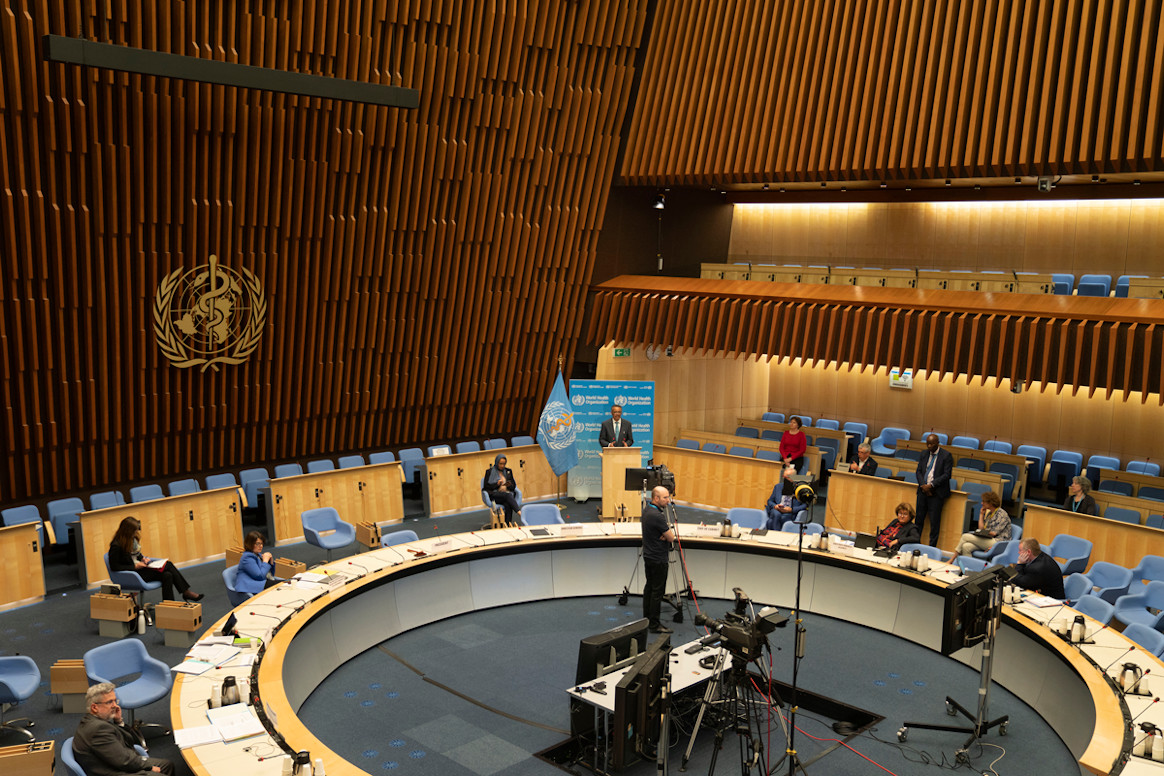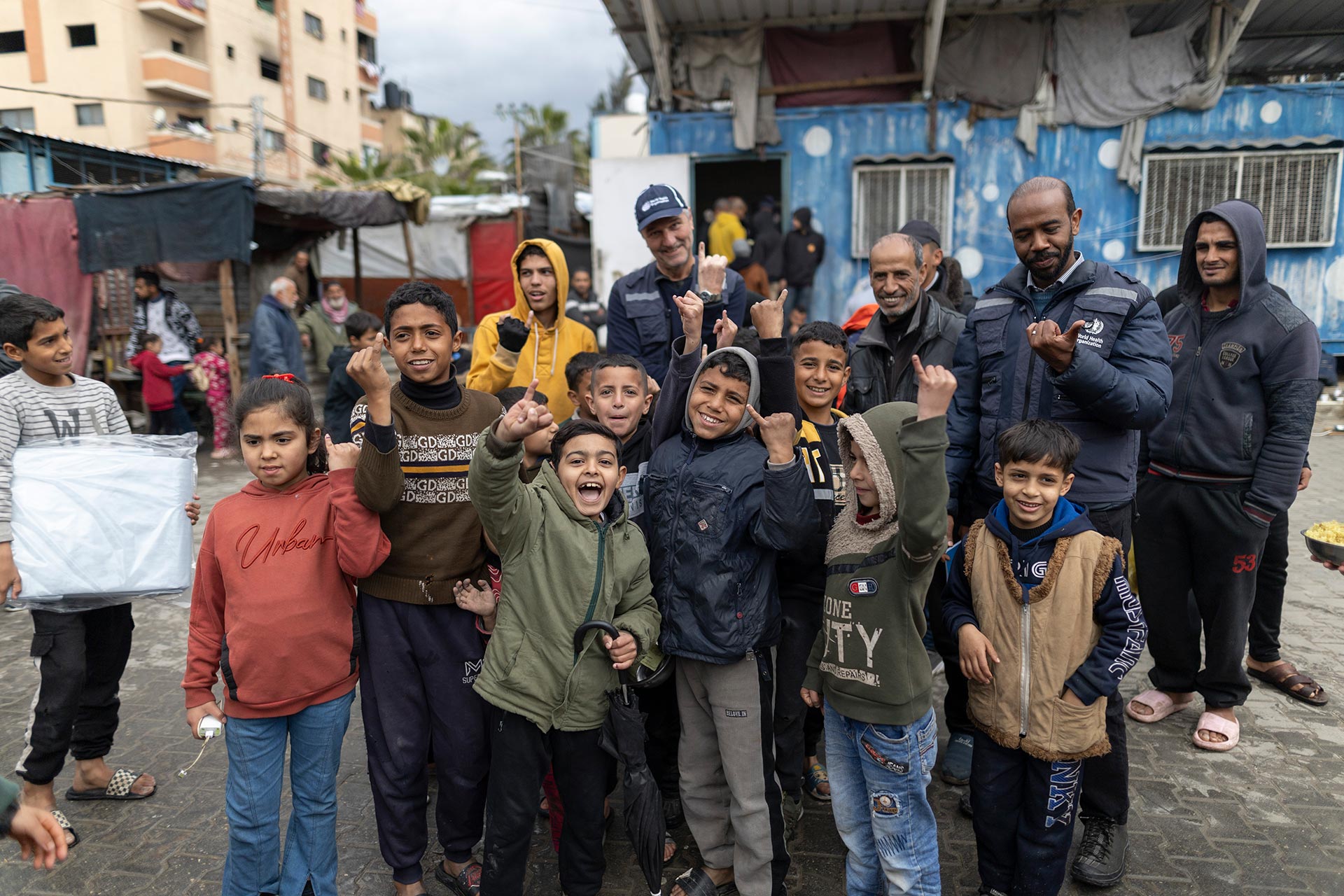
In a year marked by the global COVID-19 pandemic, global health leaders convening virtually at this week’s World Health Assembly called for continued urgent action on polio eradication. The Assembly congratulated the African region on reaching the public health milestone of certification as wild polio free, but highlighted the importance of global solidarity to achieve the goal of global eradication and certification.
Member States, including from polio-affected and high-risk countries, underscored the damage COVID-19 has caused to immunization systems around the world, leaving children at much more risk of preventable diseases such as polio. Delegates urged all stakeholders to follow WHO and UNICEF’s joint call for emergency action launched on 6 November to prioritise polio in national budgets as they rebuild their immunization systems in the wake of COVID-19, and the need to urgently mobilise an additional US$ 400 million for polio for emergency outbreak response over the next 14 months. In particular, Turkey and Vietnam have already responded to the call, mobilising additional resources and commitments to the effort.
The Assembly expressed appreciation at the GPEI’s ongoing and strategic efforts to maintain the programme amidst the ‘new reality’, in particular the support the polio infrastructure provides to COVID-19-response efforts. Many interventions underscored the critical role that polio staff and assets play in public health globally and underline the urgency of integrating these assets into the wider public health infrastructure.
At the same time, the GPEI’s work on gender was recognized, with thanks to the Foreign Ministers of Australia, Spain and the UK for their roles as Gender Champions for polio eradication.
Delegates expressed concern at the increase in circulating vaccine-derived poliovirus (cVDPV) outbreaks, and urged rapid roll-out of novel oral polio vaccine type 2 (nOPV2), a next-generation oral polio vaccine aimed at more effectively and sustainably addressing these outbreaks. This vaccine is anticipated to be initially rolled-out by January 2021.
Speaking on behalf of children worldwide, Rotary International – the civil society arm of the GPEI partnership – thanked the global health leaders for their continued dedication to polio eradication and public health, and appealed for intensified global action to address immunization coverage gaps, by prioritizing investment in robust immunization systems to prevent deadly and debilitating diseases such as polio and measles.



